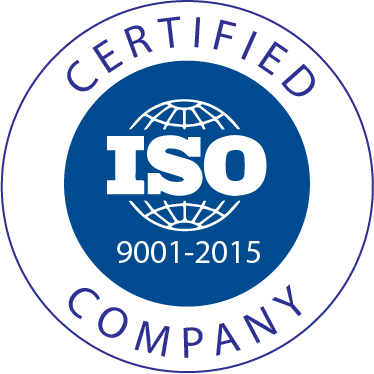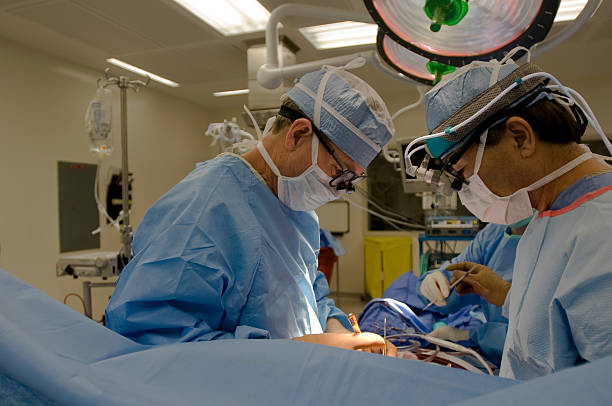Heart Port Surgery in India starts from $7500. The total cost of the treatment depends on the diagnosis and facilities opted by the patient.
Heart Port surgery is a minimally invasive technique used to conduct major heart surgeries, including heart valve replacement and cardiac bypass. During this surgery, instead of cutting through the sternum of the rib cage to access the heart, the surgeons make several small incisions between the ribs of the patients.
Heart port procedure was initially performed under direct vision. However, with advancements in medical technology, it is now possible to conduct a heart port surgery with the help of robotic or self-possessed technology. This minimally invasive heart surgery technique has several advantages over open surgery, For example, it results in quicker recovery, fewer complications and bleeding, and the incisions heal fairly quickly.
Heart port surgery may or may not involve the placement of a port that includes different catheters and cannulae components. Such advanced medical port allows for single-step cannulation and arterial return. It also provides right heart decompression, retrograde cardioplegia delivery, and percutaneous venous drainage without affecting the view of the surgical field.
Heart port surgery cannot be used to conduct all types of cardiac procedures. However, it has been most extensively used to conduct valve replacement and atrial septal defect closure.






